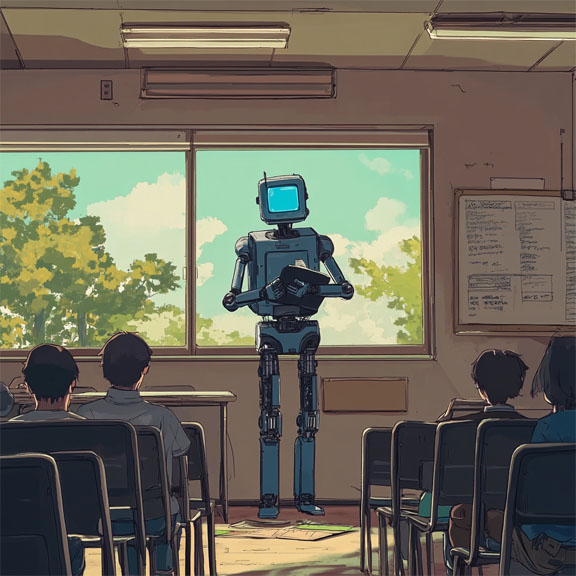
"Educators express concern over AI's dual nature, highlighting threats like AI cheating, Artificial Incompetence, and Artificial Irrelevance that can disrupt learning."
"Cheating rates have remained steady, with studies indicating that even with AI, the percentage of students admitting to cheating has not significantly increased."
"AI has been found to excel at 'useless' tasks, indicating that reliance on it might point more to flaws in course design rather than inherent problems with AI."
"Historical concerns around new technologies—like Socrates on writing weakening memory—suggest that fears about AI's impact on cognitive skills follow a long tradition."
Microsoft’s Copilot AI raises concerns for educators regarding cheating, incompetence, and irrelevance. Predicted cheating from AI was initially feared, but evidence suggests rates have remained around 10%. Studies show that 60-70% of students admitted to cheating over 15 years. Enhanced AI could potentially change this dynamic, but current concerns about AI's efficacy in tasks suggest it highlights flaws in course design. There's historical precedent for fearing new technologies impacting learning, comparable to ancient apprehensions about writing and modern reservations about smartphones and calculators.
Read at A Philosopher's Blog
Unable to calculate read time
Collection
[
|
...
]